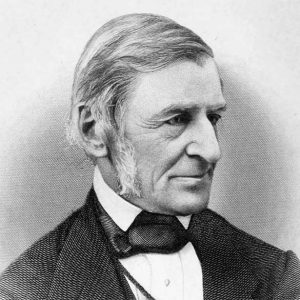Societies & Sites
Check out some other societies RWES recommends as well as links to archives and resources.
- The Ralph Waldo Emerson Memorial Association
- The Home of Ralph Waldo Emerson
- Ralph Waldo Emerson Collection of Papers @ NYPL
- The Joel Myerson Collection @ USC
- American Journalism Historians Society
- Society for the Advancement of American Philosophy
- Society for US Intellectual History
- Margaret Fuller Society
- Louisa May Alcott Society
- Emily Dickinson Archive
- The Melville Society
- The Almanacks of Mary Moody Emerson
- Nathaniel Hawthorne Society
- Poe Studies Association
- The Thoreau Society
- The Walt Whitman Archive
- Thoreau Institute- archives of Emerson Society
- The Concord Free Public Library

